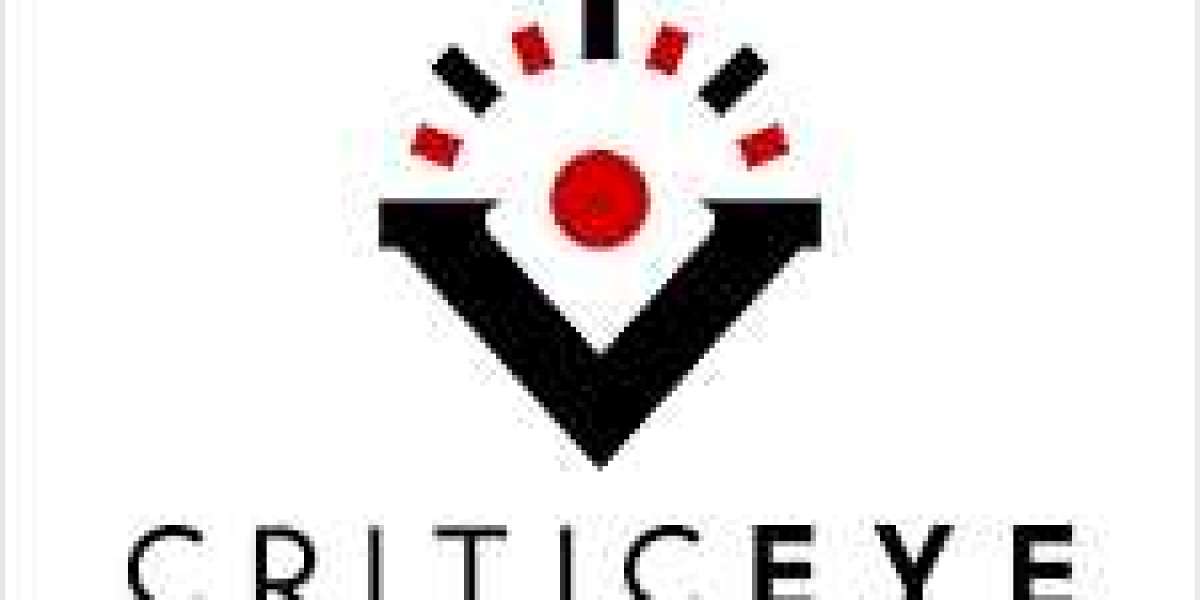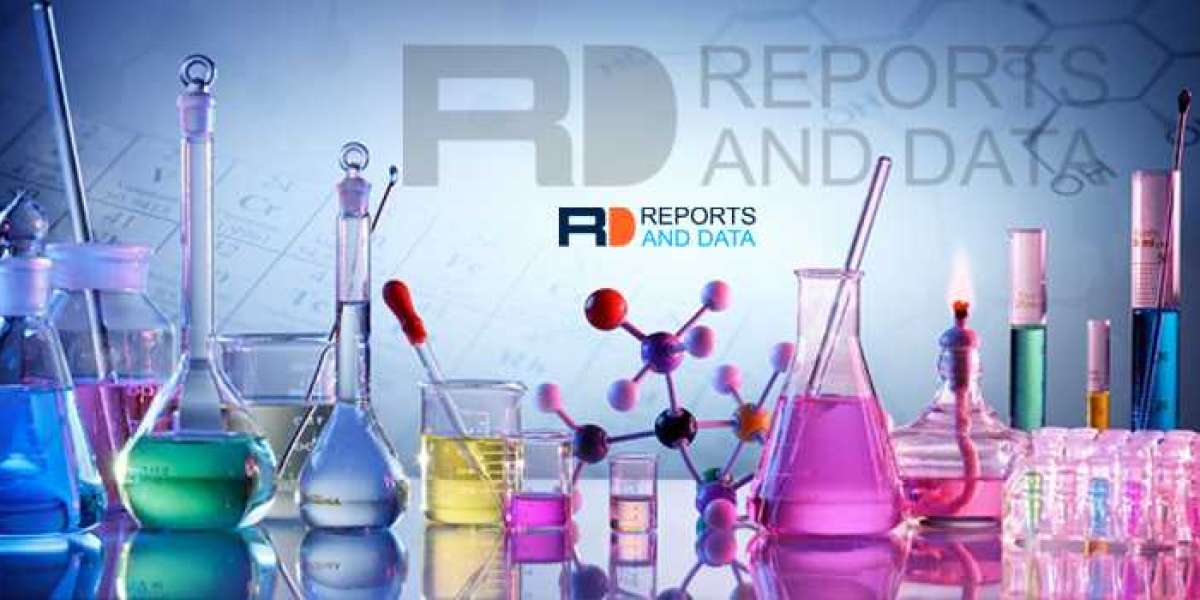The COVID-19 pandemic has brought unprecedented challenges to the healthcare industry worldwide. In this critical time, medical compliance certification has emerged as a vital tool. It has helped in controlling the spread of the virus, ensuring patient safety, and maintaining the integrity of healthcare systems. It is important to know changes that have occurred with medical compliance during the COVID-19 pandemic and how it has played a crucial role in safeguarding public health.
Adherence to Infection Prevention Measures
Medical compliance during COVID-19 has primarily focused on adherence to infection prevention and control measures. Guidelines established by organizations such as the World Health Organization (WHO) and the Centers for Disease Control and Prevention (CDC) have provided a framework for healthcare institutions to follow. Compliance with these guidelines has been paramount in preventing the transmission of the virus within healthcare settings.
Personal Protective Equipment (PPE) Compliance
Medical compliance during the pandemic has emphasized the correct and consistent use of personal protective equipment (PPE). Healthcare workers have been required to adhere to strict protocols regarding the use of masks, gloves, gowns, and face shields. Compliance with PPE guidelines have been crucial in reducing the risk of exposure and maintaining a safe environment for both healthcare providers and patients.
Telehealth
The pandemic has accelerated the adoption of telehealth and digital healthcare solutions. Compliance measures have been implemented to safeguard patient privacy, maintain data security, and uphold the ethical standards of telehealth consultations. Healthcare providers have been required to adapt to new compliance regulations to deliver remote care effectively.
Vaccinations
During the pandemic, the administration and distribution of COVID-19 vaccines became very important. The FDA and the European Medicines Agency (EMA) established stringent guidelines to ensure the safety, efficacy, and proper handling of vaccines. Compliance with these guidelines was crucial in maintaining the integrity of the vaccination process, ensuring that vaccines are administered correctly, and monitoring adverse events.
Testing And Reporting
Accurate testing and reporting have been essential for tracking the spread of COVID-19 and implementing appropriate public health measures. Medical compliance has been instrumental in establishing protocols for testing, ensuring the accuracy and reliability of test results, and reporting data to public health agencies. Compliance measures helped in standardizing testing processes, improving data collection, and enhancing the overall understanding of the pandemic's impact.
Public Health
Medical compliance during the pandemic also involved public health education and awareness campaigns. Compliance measures have focused on educating the public about preventive measures such as mask-wearing, hand hygiene, and social distancing. By promoting compliance and raising awareness, healthcare organizations and public health agencies were able to empower individuals to take responsibility for their own health and the health of others.








